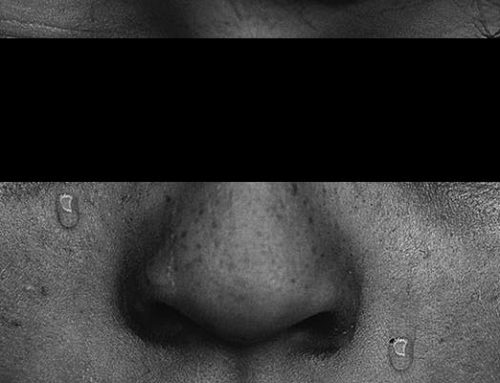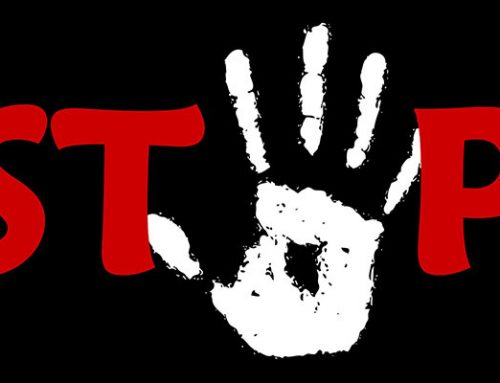By: Breese Davies Published on Tue Feb 02 2016 | © Toronto Star.
Calls to make it ‘easier’ to secure convictions in cases of sexual assault are dangerously antithetical to basic tenets of our justice system
With Jian Ghomeshi about to face a packed courtroom and a daily gauntlet of jostling reporters, the stage is set for a media spectacle. Columnists will take sides. Legal pundits will pontificate. Many will be caught up in the did-he-or-didn’t-he debate and rhetoric. But, when all is said and done — after the former CBC broadcaster is acquitted or convicted — will the public better understand our justice system? Will the country feel buoyed or soured by its close-up glimpse of how we determine guilt or innocence in emotionally charged trials? Already, there are worrying signs that the public is being given the wrong impression of the carefully calibrated process by which we try sexual crimes in Canada. There have been calls for a presumption that complainants are telling the truth and for lowering the standard of proof that should apply in these cases. Such calls for a justice system in which it is “easier” to secure convictions in cases of sexual assault are dangerously antithetical to basic tenets of our justice system. They threaten the fairness of criminal trials and fail to recognize that it is the person accused of a sexual offence who faces the prospect of a heavy prison sentence, inclusion on sex offender registries for years (or even life) and the associated stigma. Just as there are myths that permeate societal thinking about sexual assault, there are also myths about the defence of sexual assault cases, which threaten to corrode public confidence in our criminal justice system. The first is that complainants are at the mercy of a disclosure process that routinely exposes their psychiatric records, diaries and private communications to courtroom scrutiny. In reality, these records are not available to an accused person without a court order. Judges apply rigorous criteria when considering requests for private records of the complainant. If such an application is even brought, it is very often dismissed on the basis that the material is not sufficiently relevant to justify intruding into the complainant’s privacy. Another myth has it that complainants are ruthlessly questioned about their past sexual conduct. Parliament long ago passed laws to dramatically curtail this sort of probing. Except in rare cases, the complainant’s sexual history no longer has any place in Canadian courtrooms. Perhaps the most pernicious myth is that defence lawyers routinely, and as a matter of strategy, bully, abuse or attack complainants during cross-examination. Judges can and do take swift action to halt abusive cross-examinations. But they rarely have to because most defence counsel see little to be gained from “beating up” a complainant. There is no denying that a criminal trial can be a bruising process. Testifying in a public courtroom is often unpleasant. Being cross-examined can no doubt feel invasive, even traumatizing, when the subject matter is as intensely private as those inevitably involved in a case of sexual assault. However, this scrutiny is vital in our adversarial system. There is no scientific test we can apply to determine whether a complainant consented to the sexual contact in question. There are almost never any independent witnesses to the events that give rise to a sexual assault complaint. Very often, the court is left to assess and weigh the description of the events given by the only two people who were there: the complainant and the accused. Absent a rigorous testing of the evidence and a high standard of proof beyond a reasonable doubt, we run the real risk of wrongful convictions. Very few areas of law have been given as much careful consideration by legislators. Their attention has focused on encouraging complainants to come forward, protecting their privacy and reducing the inevitable stress associated with testifying. The trial process, including the right to test the complainant’s evidence, is the only protection an accused person has against being wrongfully labelled and sentenced as a sex offender. The Ghomeshi trial is destined to be sensational. Without doubt, there will be observers who applaud its outcome and others who vigorously challenge its legitimacy. But it is a single trial with its own set of unique facts. We must not use a single case as the justification for radical change to our laws. Statistics show that both conviction and acquittal rates in sexual assault prosecutions are comparable to other violent crimes. In the end, Canada’s sexual assault laws may not be perfect but they aren’t broken either. Breese Davies is a criminal lawyer in Toronto and a Vice President of the Criminal Lawyers’ Association.







